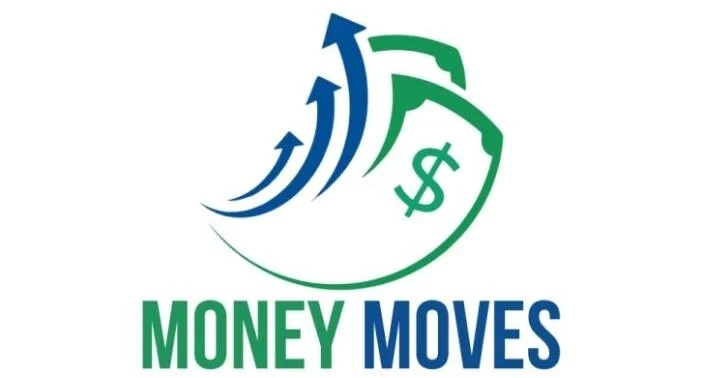By By Sharon Ali Aziz
Copyright trinidadexpress

For many individuals in Trinidad and Tobago, access to credit is a stepping stone towards achieving life goals such as buying a home, financing education, or starting a small business. Yet, qualifying for credit is not as simple as filling out an application form. Financial institutions—whether commercial banks, credit unions, or other lenders—carefully assess applicants before deciding how much credit to grant and at what interest rate. Understanding these factors can help borrowers better prepare and secure more favourable terms.
What Does It Mean to Qualify for Credit?
Qualifying for credit essentially means that a financial institution has assessed your ability to borrow responsibly and repay on time. In Trinidad and Tobago, this evaluation involves a review of your income, employment history, existing debts, and overall financial behaviour. Lenders want to minimise their risk; therefore, they extend credit primarily to individuals who demonstrate stability and reliability.
For young professionals, recent graduates, and even seasoned workers, qualifying for credit often begins with having a consistent income source. Whether you are permanently employed, self-employed, or running a small business, lenders need proof of steady earnings before considering your application. Documents such as job letters, pay slips, and bank statements are typically required.
The Role of Credit History
A strong credit history is one of the most decisive factors in the approval process. In Trinidad and Tobago, the Credit Reporting Act of 2013 established a legal framework for credit bureaus, which collect and share information on individuals’ borrowing and repayment patterns. When you apply for a loan or credit card, banks and other lenders may request your credit report.
This report shows:
Previous loans or credit facilities.Repayment habits (on time, late, or defaulted).Outstanding balances.Any court judgments for unpaid debts.
A good record of timely repayments builds trust with lenders and increases your chances of approval. Conversely, missed payments, delinquent accounts, or high levels of debt reduce your creditworthiness.
Debt-to-Income Ratio
Financial institutions also examine your debt-to-income ratio—the percentage of your monthly income that goes towards paying existing debts. If too much of your earnings are already tied up in loans or credit cards, lenders may view you as overextended, even if you earn a relatively high salary. Generally, a lower debt-to-income ratio signals greater capacity to take on additional credit.
Types of Credit
Borrowers in Trinidad and Tobago typically seek credit for a variety of purposes, including:
Personal loans: For education, travel, medical expenses, or debt consolidation.Mortgages: To purchase land, build, or buy a home.Auto loans: For new or used vehicles.Credit cards: For convenience, emergencies, or online transactions.Business loans: For entrepreneurs and small- to medium-sized enterprises (SMEs).
Each facility has different qualification requirements and interest rate structures. Mortgages, for example, often require a substantial down payment and long-term repayment capacity, while personal loans may be smaller and shorter-term.
Understanding Interest Rates
Interest rates represent the cost of borrowing money. In Trinidad and Tobago, rates vary depending on the type of loan, the borrower’s profile, and the institution’s lending policies.
Usually financial institutions in this country have fixed interest rates. But you can ask if there is room for special consideration given the following factors that influence the interest rate:
Creditworthiness: Strong credit history and stable income usually secure lower rates.Type of loan: Mortgages and car loans often attract lower rates than unsecured personal loans or credit cards.Collateral: Loans backed by assets (such as a house or car) typically come with lower interest because the bank can recover losses if the borrower defaults.Institutional policies: Commercial banks, credit unions, and finance houses each set their own rates, though all operate under the regulations and oversight of the Central Bank of Trinidad and Tobago.Macroeconomic conditions: Inflation, liquidity in the financial system, and changes to the Central Bank’s repo rate all influence lending rates.Co-signer: Someone who co-signs the loan essentially agreeing to pay off the loan if the borrower falters.
Additionally, a loan rate can be calculated as a compounded rate, be sure to understand how the payment is calculated. Applicants should clarify how it is calculated. Further, look at the difference between the total you are borrowing to the total you are paying back before you sign the contract. And “YES!” taking a loan is a legal binding contract.
Negotiating Better Terms
Borrowers are not always locked into the first rate offered. In fact, young adults in particular should learn to shop around and compare credit options before committing. Some credit unions, for example, offer more competitive rates on personal and vehicle loans compared to commercial banks. Additionally, maintaining a strong relationship with your institution—by saving consistently, building a history of responsible borrowing, or even holding multiple accounts—may provide leverage for better terms. However, as a young person starting out you should remember that each account you open will have service fees to be paid.



